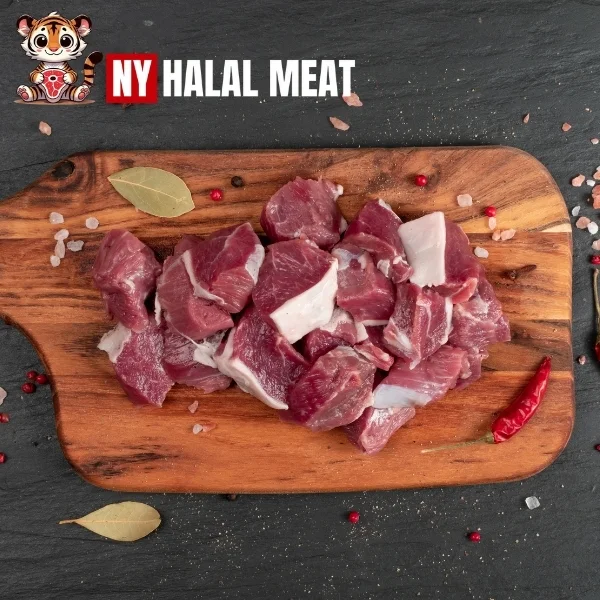You Can Order Halal Meat
Halal, meaning “permissible” in Arabic, is a way of life for millions of Muslims. Halal meat follows Islamic dietary laws, ensuring both what is consumed and the ethical treatment of animals. In this exploration, we delve into the principles and practices surrounding halal meat, offering a comprehensive understanding of its significance.
Foundations of Halal:
Halal meat, guided by Islamic principles outlined in the Quran and Hadith, distinguishes between what is permissible (halal) and forbidden (haram), with specific guidelines governing the slaughter and consumption of meat.
- Slaughtering Method (Dhabiha): The method of slaughter is central to halal meat. Animals must be slaughtered by a Muslim who is of sound mind and has reached the age of maturity. The slaughter involves swiftly cutting the throat, windpipe, and blood vessels in the neck while invoking the name of Allah.
- Animals and Birds Permissible for Consumption: Islam permits the consumption of certain animals and birds while prohibiting others. Commonly allowed animals include cattle, sheep, goats, and poultry, provided they are slaughtered in accordance with halal guidelines.
- Prohibition of Certain Ingredients: Halal extends beyond the type of meat consumed. Any ingredient derived from animals not slaughtered in a halal manner, or substances such as alcohol and pork, is considered haram (forbidden).
Ethical and Humane Treatment:
Beyond the act of slaughter, halal principles emphasize the humane and ethical treatment of animals throughout their lives. Animals raised for are expected to be treated with compassion, provided proper nutrition, and given adequate space to move freely.
Cruelty, stress, or harm to animals is strictly discouraged, aligning with the broader Islamic teachings of kindness to all of Allah’s creations.
Traceability and Transparency:
The journey of halal meat from farm to table emphasizes traceability and transparency. Consumers seeking halal products often look for certification from recognized halal authorities or organizations. These certifications ensure that the entire process, from the animal’s life on the farm to the processing and packaging of the, adheres to standards.
Challenges and Contemporary Considerations:
The modern food industry presents challenges for adhering to traditional halal practices. Issues such as cross-contamination, additives, and the industrialization of meat processing have led to increased scrutiny. Many halal consumers now seek assurance not only in the slaughter method but also in the overall production process, pushing for higher standards and transparency in the industry.
Conclusion:
Halal meat, grounded in Islamic teachings, goes beyond dietary preferences, focusing on ethical treatment and specific production guidelines. As demand grows, the industry must balance tradition with modern practices to meet consumer expectations for both religious compliance and ethical consumption in halal choices.




[…] Controversy: Halal Meat, Faith, and […]